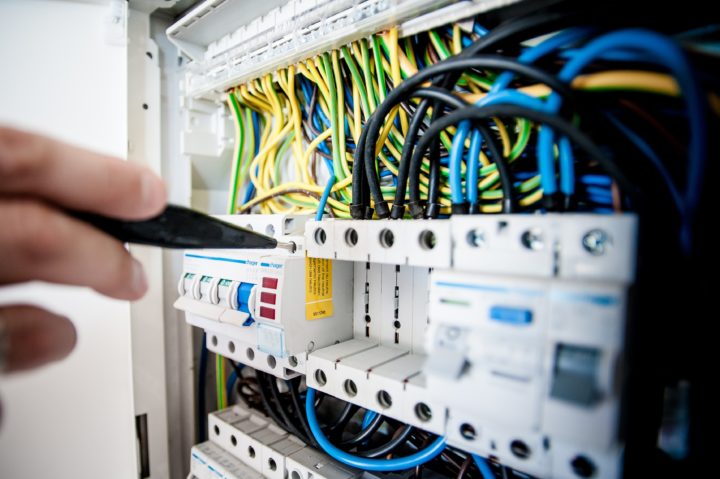The following contribution is from another author.
Your home is the one place where you spend a lot of time with your family. So, making it as comfortable as possible is probably high on your agenda. This means you’ve no doubt spent time and money getting your home set up with costly heating systems, air conditioning units, and electrical gadgets. All of which can make your home high on energy consumption and expensive to run.
With this in mind, here’s a handy guide to help you improve your home’s energy efficiency without compromising on your family’s creature comforts.
Invest In Solar Power Systems
When it comes to residential energy efficiency, using the energy generated by the sun remains unbeatable. If you value your energy consumption and would like to save money from costly energy bills, it’s worthwhile to add solar panels to your home, which harness thermal energy from the sun and convert it to electrical energy.
When planning your first solar power system, work with energy professionals and companies with reliable knowledge and experience in installing solar power system solutions, such as Hush Energy Brisbane.
While installing solar power systems in your home will help you eliminate monthly energy bills, keep in mind that setting up a solar panel system can be quite costly. The good news? It’s only a one-time purchase.
According to Home Advisor, the costs of solar panels range between USD$17,000 to almost USD$32,000. You can also choose from three types of solar panels namely monocrystalline, polycrystalline, and thin film. Preferably, it would be better to invest in a slightly pricier solar panel type, like the monocrystalline which costs USD$1 to USD$1.50 per watt, and has a life expectancy of 25 to 35 years.
Aside from saving money from electricity bills, here are other advantages of shifting to solar energy:
- Low maintenance costs
- Contributes a positive impact on the environment
- No need to worry about power outages
- Improved grid security
Get the most out of your appliances
It’s easy to think that with today’s technology, all you have to do is set it up or plug it in and it will just keep on working for you. But there’s a lot you can do to make sure that you get the most of out of your home’s appliances, from heating systems to refrigerators.
There are several ways to make sure your heating system runs in the most energy efficient way. Maintenance is the most important one. Regular electrical safety checks are recommended to keep everything running smoothly, but if you notice that your heating isn’t working well, you should take action. It may be that the radiators need bleeding, or your system needs flushing. You might be put off by the servicing or power flush cost but maintenance is important to keep bills low and prolong the life of your system.
But it’s not just heating systems. Modern refrigerators can be kept running more efficiently by making sure you follow some simple steps. Keep door seals clean. This will ensure that the door stays shut properly, and your fridge isn’t using extra energy trying to keep your food cold. An empty fridge also takes more energy than a full one, so plan food shops carefully. And lastly, don’t put warm food in the fridge, let it cool first. Otherwise your fridge will work harder to keep the temperature down.
Futureproof your home
There’s a lot of changes you can make to your home now, to keep it running efficiently in the future. Adding solar panels is one of the most popular ways to do this. Solar panel technology has improved a lot over the last few years, so now is a good time to think about installing panels. As energy becomes more expensive, this step could help save you money over the coming years.
Water harvesting systems are another way of futureproofing your home and improving efficiency. These systems allow you collect and store rainwater for use all around the home, from watering the garden and washing the car, to flushing toilets and washing clothes.
















